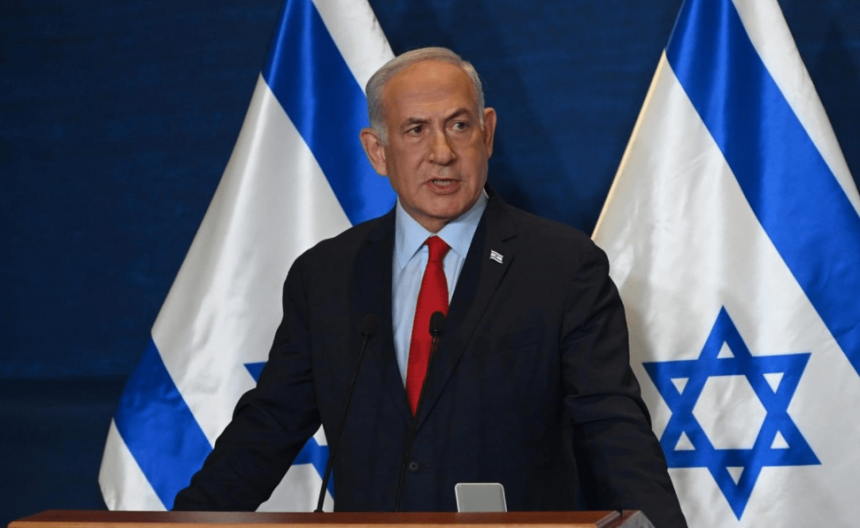What began as a response to the Hamas attack on Israel on October 7, 2023, has escalated into a full-scale regional conflict with no end in sight. Hamas’s assault marked one of Israel’s most significant intelligence failures, resulting in the deaths of approximately 1,200 people and the capture of 250 hostages. In retaliation, Israel launched an invasion of Gaza aimed at dismantling Hamas’s military capabilities and rescuing the hostages.
The situation quickly deteriorated as Israel bombed Gaza City, causing massive displacement among Palestinians and resulting in tens of thousands of civilian deaths. Many of the displaced sought refuge in Rafah, only for that city to become the next target of Israeli airstrikes, leading to further destruction and loss of life.
Hezbollah, a Lebanese militant group, entered the conflict in support of Hamas, firing shells into Israel. In response, Israel invaded Lebanon, targeting Beirut with airstrikes and contemplating the deployment of ground troops in southern Lebanon. The conflict further escalated when Israel bombed ports and power stations in Yemen and engaged Iranian forces in Syria, leading to Iranian retaliation with rocket fire into Israel.
The involvement of Iran shifts the dynamics significantly. Unlike Gaza or Lebanon, Iran is a formidable nation with military capabilities, including nuclear potential. Israel has issued warnings of retaliation against Iran, but the situation is markedly different from previous conflicts.
A year later, both Hamas and Hezbollah remain operational, with around 100 Israeli hostages still in captivity. After extensive destruction in Gaza, Israel appears to be broadening the conflict, provoking new adversaries into war.
Israeli Prime Minister Benjamin Netanyahu has dismissed calls for a ceasefire, while Western powers continue to support Israel’s military efforts, contributing arms worth billions. This support has led to significant civilian casualties in Gaza, drawing accusations of complicity in crimes against humanity.
Domestically, Netanyahu faces pressure from antiwar protesters and criminal charges that threaten his leadership. Meanwhile, the U.S. administration, amid the upcoming presidential elections, is cautious in its response, seeking to avoid alienating influential Jewish constituencies.
As a result, Israel finds itself engaged on multiple fronts without a clear path to victory or retreat, facing a prolonged and challenging conflict.
It is time for Israel to stop digging, but Netanyahu will not countenance any attempts to stop the war. It increasingly looks like his game plan is to engender a fiery conflagration throughout the Middle East to tie up Israel in war for years – and buy him crucial political breathing space for his beleaguered political career, and freedom from prison. Could he have decided to take the Samson option and go down with all hands aboard the Middle East?
When the story of this war is finally written in the years of sobriety ahead, history will record that world leaders stood by and let an embattled and clearly bitter leader destroy entire countries and decimate their populations in order to stave off his own citizens who were baying for his blood.



